The closing credits of National Treasure (Channel 4, Tuesday) contain the usual disclaimer that any resemblance between its characters and real people is merely coincidental. Well, coincidental maybe, but also entirely inevitable — because this is a drama based on Operation Yewtree.
With its choice of subject matter, a cast including Robbie Coltrane and Julie Walters and a script by Jack Thorne (author of the all-conquering Harry Potter and the Cursed Child), the series is clearly intended as an Important Piece of Television. Yet, partly for that reason, it’s so far proving a rather careful one. Nobody who watched the first episode could accuse it of sensationalism. They might, however, wonder if it occasionally crossed the line dividing the confidently slow-paced from the slightly plodding.
Coltrane plays Paul Finchley, once part of a much-loved double act, these days hosting an afternoon quiz on Channel 4. We first saw Paul backstage at a showbiz event where he was old-school enough to smoke a fag before presenting a Lifetime Achievement Award to his former partner. (Incidentally, the party scene afterwards confirmed that Frank Skinner, while definitely a brilliant comedian, can’t even act well enough to play himself convincingly.)
Back home, Paul’s anxiety about being past his sell-by date caused him to ask his wife Marie (Walters), ‘At what point do comics stop being funny and start being sweet?’ But, as it turned out, his immediate fate was far worse than that. The following morning, after he’d spent an apparently routine night watching porn and was having breakfast with his grandchildren, the police arrived to explain that he’d been accused of a rape from 1993. Down at the station, the investigating officer interrogated him in some detail about his sex life — having first assured him what a huge fan she was. She then told him it might be better if he left by the back door, but not that that was where the press photographers were waiting.
Through all of this, Coltrane did a fine job of impersonating a man impersonating a man who wasn’t completely crushed. He also managed the neat trick of somehow seeming to age before our eyes.
Nonetheless, in Tuesday’s episode the rape allegation wasn’t really the central focus so much as a device that enabled it to provide a series of thoughtful character studies, and to examine how Paul and his family have functioned (or haven’t) for years. Marie, for example, is the kind of traditional showbiz wife who’s long stuck to her trusty policy of turning a blind eye to her husband’s obvious infidelities, rather as Carmela did to Tony’s Mafia activities in The Sopranos — and for largely the same reasons: habit, Catholicism, genuine if exasperated love and a degree of unspoken calculation about her future without him.
As for Paul himself, he seems — not unusually for fictional comics, and possibly even a few real-life ones — like a man who’s essentially hollow inside, his actions often inexplicable even to him. But of course what we don’t know yet is whether he ever went from sleazebag to rapist.
I also wonder if we ever will in a programme that treads through its chosen minefield with a cautiousness that’s both wholly understandable and potentially a bit constricting. Indeed, at this stage, I’d suggest that the main thing which could stop National Treasure making the transition from a good to a great drama is its own somewhat painful sense of responsibility.
In the BBC’s recent celebration of sitcoms, one show weirdly omitted from the canon was Red Dwarf — now back for another series in its new home on Dave. By my reckoning (or, let’s be honest, Wikipedia’s), Thursday’s episode was its 62nd. Even so, it’s lost none of its stirring ability to combine broad comedy with unashamedly smart science fiction.
This time, the crew visited an alternative 1950s America, where prohibition was still in force — not on booze, but on science. As a result, speakeasies were full of white-coated figures furtively doing experiments, ready to turn their laboratories into bars if the cops showed up. (‘How dense do you think I am?’ asked one policeman not fooled by the transformation. ‘You want to know?’ replied one of the punters, rather giving the game away. ‘Just divide your mass by your volume.’)
But, as ever, this was all part of a properly inventive plot — here featuring robots created by people of the future and sent back in time to prevent the technological advances that humanity had since realised it wasn’t mature enough to handle. As ever, too, the jokes ranged winningly from those that required a spot of further research (‘Deader than Galileo’s theory of tides’) to the sort that wouldn’t be out of place in Mrs Brown’s Boys.
Got something to add? Join the discussion and comment below.
Get 10 issues for just $10
Subscribe to The Spectator Australia today for the next 10 magazine issues, plus full online access, for just $10.

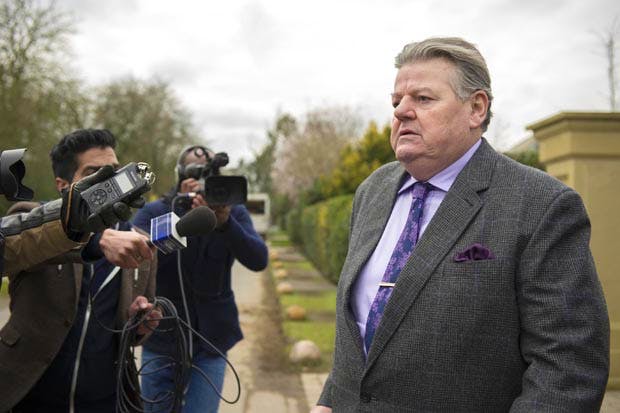
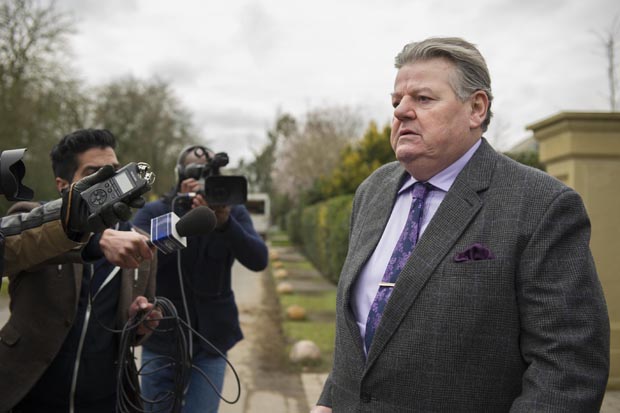
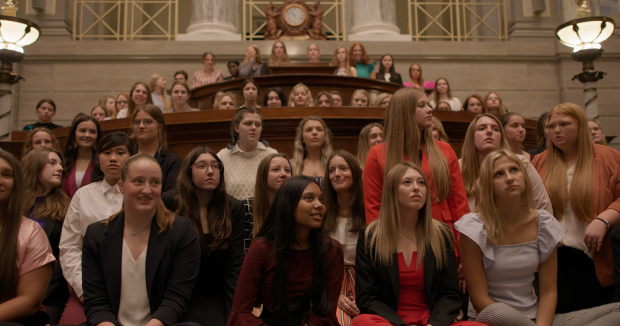


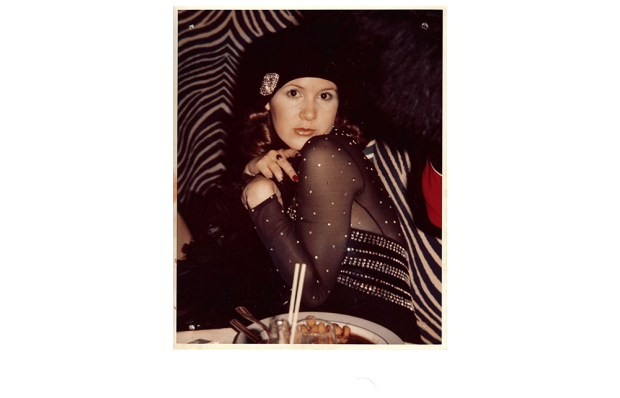
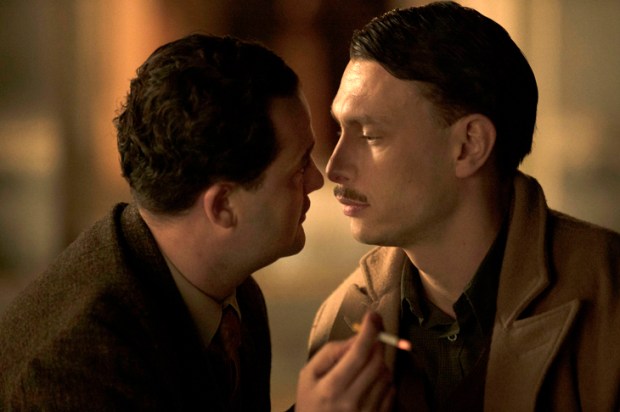






Comments
Don't miss out
Join the conversation with other Spectator Australia readers. Subscribe to leave a comment.
SUBSCRIBEAlready a subscriber? Log in